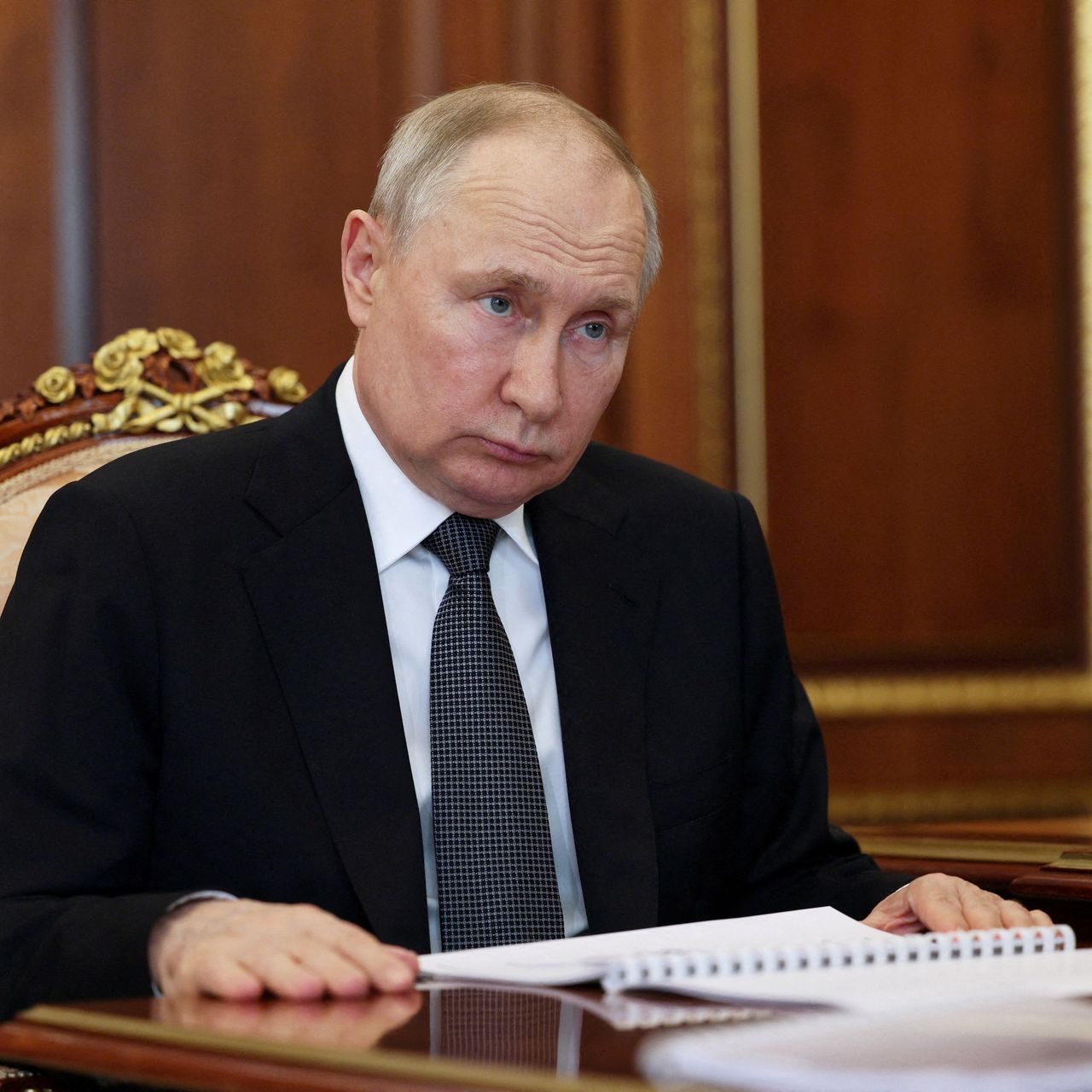The initiative led by exiled opposition leader Mark Feygin to conduct a “protest vote” against Vladimir Putin’s presidency in Russia through an anonymous, blockchain-powered referendum is a bold move in the face of increasing risk associated with dissent in the country. By providing Russians with a surveillance-proof method to express their criticism, the Russia2024 app aims to give voice to those who might otherwise fear repercussions for speaking out.
Built using Rarimo’s Freedom Tool on the Arbitrum blockchain with zero-knowledge cryptography, the app ensures that voters’ identities remain untraceable while still confirming their citizenship through biometric verification. This innovative approach not only provides a secure way for Russians to participate in the referendum but also serves as a testament to the power of decentralized technology in promoting democracy and freedom of expression.
The timing of the initiative, amidst Putin’s controversial reelection and the ongoing conflict with Ukraine, underscores the urgency of finding alternative avenues for dissent and civic engagement in Russia. Despite the potential risks, the backers of the Russia2024 app are confident in its security measures and believe that it will empower citizens to make their voices heard.
While the referendum may not have legal weight in Russia, its symbolic value as a demonstration of public sentiment against Putin’s presidency could have broader implications for the opposition movement. Additionally, the open-source nature of the technology behind the app allows for its potential adaptation and use in other countries facing similar challenges to democracy and electoral integrity.
Ultimately, the Russia2024 app represents a groundbreaking effort to leverage blockchain technology for political activism and civic engagement in authoritarian regimes, offering hope for a more transparent and inclusive democratic process in the digital age.
